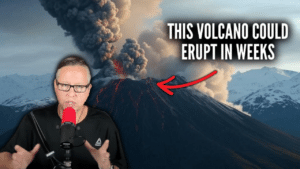The U.S. government is prepping for a potential onslaught of Iranian cyberattacks in retaliation for support for Israel in its conflict with Hamas.
It’s far from just Israel at risk of cyberattacks from the Hamas-aligned regime’s cyber operatives, U.S. officials say. They also see the U.S. and other nations that support the Israeli government as likely targets.
Such attacks could take the form of attempting to damage critical systems like water or electricity, would likely involve widespread disinformation efforts and could also involve proxies to keep Iran’s fingerprints off the incidents.
“The cyber targeting of American interests and critical infrastructure that we already see conducted by Iran and non-state actors alike we can expect to get worse if the conflict expands, as will the threat of kinetic attacks,” FBI Director Christopher Wray testified to the Senate Homeland Security and Governmental Affairs Committee on Tuesday.
Multiple U.S. federal agencies have stressed that they have yet to see any intelligence suggesting that Iran is planning an imminent attack on U.S. critical infrastructure.
But they’re on heightened alert and hoping that new defenses they created after Russia invaded Ukraine — which brought worries about cyberattacks in the U.S. to the fore — will be able to adapt and grow to accommodate threats on multiple fronts.
Iran backs a network of sophisticated cyber operators, akin to those that work with Russia and China, who have the capacity to tunnel into government systems and or disable companies’ entire computer networks. Tehran has launched attacks in the U.S. in the past, but the risk is far higher and more serious in light of the conflict in Gaza.
Tehran has long funded Hamas and other Pro-Palestinian groups. And since the Oct. 7 attacks by Hamas on Israel, Iran-backed armed groups in the Middle East have launched drone attacks against U.S. forces in Iraq and Syria.
“I could envision the possibility — we have to be prepared for this — of an effort to attack our critical infrastructure or our electric grid, our, for example, air traffic system, water,” said Michael Chertoff, the former secretary of Homeland Security under the Bush administration.








